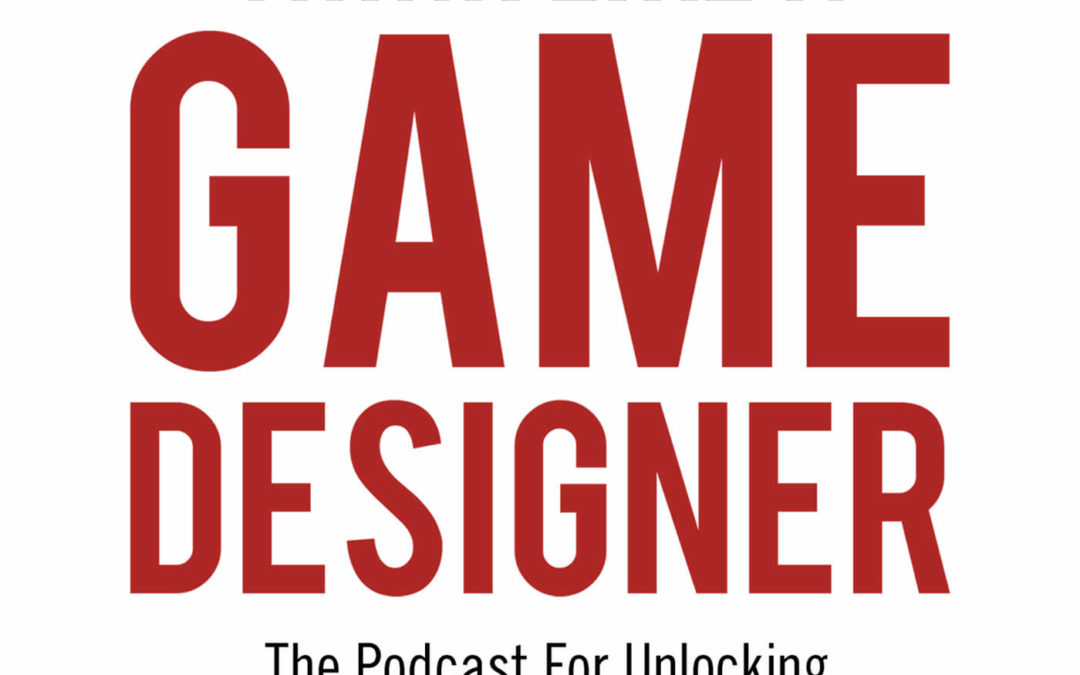Rob Daviau pioneered the legacy game genre, starting with Risk: Legacy. In addition, he’s worked with a variety of beloved titles: Star Wars, Axis & Allies, Pandemic, Betrayal at House on The Hill, just to name a few. In this episode, we go into detail about Legacy Game development and how to successfully work with beloved properties.

Check out this episode and the previous ones here:
“One thing that really helped me is that in writing-for-advertising, you have to get your point across quickly” (4:00)
I’ve always been a big fan of boiling a game down to an elevator pitch. How can you describe your game in less than 30 seconds? Rob and I agree that this is one of the keys to pitching a game to a publisher, in addition to being able to focus the core concept of your game. In this segment, we discuss the elevator pitch, including examples and success stories.
“You have to watch playtesters and ask, where are they getting confused and where are they having the most fun?” (13:00)
Here we talk about when and why to cut a mechanic from a game or halt an entire game. Rob and I go into detail about how tough it is to make these decisions, and how playtesters can help you make these decisions. We talk about a design question that’s counterintuitive for most new designers: “Can we solve this by removing it?”
“I make a lot of my living off of repurposing, reinterpreting, expanding, or rebooting things that existed before.” (31:30)
Rob has worked on a lot of beloved properties, creating awesome Restoration games and Legacy games. He talks about finding the core element behind the game and using that as an anchor for your new version of a game. Here he discusses a brainstorming activity, which my team at Stone Blade now uses, because of Rob’s advice in this episode. The exercise is to make assumptions about whatever your project is as a team, to see if any of these assumptions can be inverted. Check out this segment for all the details!
“You’re asking people to return again and again like you do with television. You need some reason for what happens next.” (42:00)
Rob goes in-depth about the tips, tricks, and lessons you need to know for designing your own legacy game. He talks about hooks for the story to get people returning to the table and elements (like resources or mechanics) that people want to come back to play with after the first play session. We also go in-depth about the life cycle of a Legacy game, and how to make decisions about expansions.
“Knowing production tricks works.” (52:00)
The look and feel of a game will change the way someone plays the game. Rob talks about how knowing about production helps you design a game that’s not only more fun for a player, but also helps them feel like they got their money’s worth. It ranges from the components you use, to how the game looks when you open the box, and even the weight of the box when you take it off a shelf.




